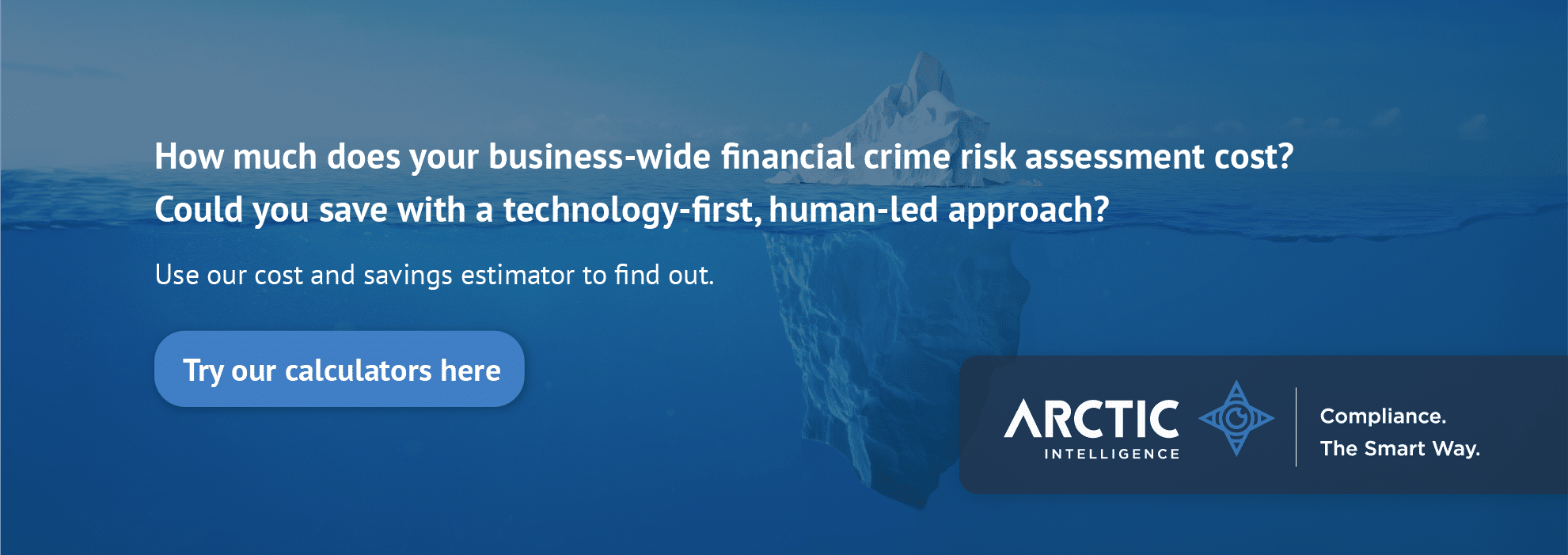Vatican to revamp AML unit following the latest in a long line of scandals.
The renamed Supervisory and Financial Information Authority (ASIF) functions include “supervision aimed at the prevention and countering of money laundering and the financing of terrorism,”
Though the Vatican has had a history with allegations and cases of corruption, the changes made by Pope Francis were announced following a visit by MoneyVal, who’s report on the measures taken by the Vatican to prevent money Laundering and Terrorist Financing is due out in April next year.
Since his inauguration in 2013, Pope Francis has done more than any of his predecessors to gain oversight of the Vatican’s finances. One of his first actions being to introduce a taskforce to scrutinize the Vatican Bank, notorious for being the most secretive bank in the world.
The most recent scandal hit the Vatican hard earlier this year when it was discovered that Gianluigi Torzi, an Italian businessman had helped the Secretariat of State, a body in control of millions of dollars donated by Catholics around the world pay £160 million for an apartment block in Chelsea, a price that was hugely inflated. Gianluigi is accused of extortion, embezzlement, aggravated fraud and money laundering in relation to the deal.
Following a recent police raid on the Secretariat’s office, seizing documents and computers, the Vatican suspended five officials in connection to the deal.
Carmelo Barbagallo, previously an Italian central bank official and newly appointed president of ASIF, said the changes ordered by Pope Francis would strengthen the entity’s financial supervisory responsibilities.
Lets hope that these reforms, which are an achievement for Pope Francis following years of internal pushback, will start to provide more transparency and accountability from the Vatican. Whether that will be on par with the expectation and requirements from other financial organisations, is yet to be seen.
British Overseas Territories commit to publishing further information on company ownership in major anti-corruption move
Moving one step further towards UBO transparency, new draft legislation sets out the government’s minimum standards for British Overseas Territories when they publish the owners of companies registered there.
The registers will allow members of the public to look up who owns a company if it is registered in an Overseas Territory. This will go a long way to improving the speed and
accuracy and reducing the cost for firms to screen new and existing supply chains and clients.
These announcements demonstrate that the Overseas Territories are keen to support the changing UK, EU and global norms on corporate transparency. This level of engagement and compliance is critical in the fight to tackle international illicit finance.
The government expects all Overseas Territories to have these registers in place by the end of 2023
Dutch investigation into ING banking scandal turns its focus to UBS CEO, Ralph Hamers.
Former head of ING, and current CEO of UBS, is under fire for his role in a major money laundering scandal which saw the Dutch bank having to pay a €775 million penalty settlement.
Ralph Hamers will be the subject of a formal prosecution and investigation ordered by a Dutch Court into his conduc,t and the role he played in ING’s failure to spot extensive instances of money laundering and other financial crimes committed by the bank’s clients.
Although the bank had been fined in 2018, Hamers had avoided personal prosecution.
“The facts are serious. No settlement was reached with the director himself, nor has he taken public responsibility for his actions,” the Dutch court ruled.
“The court considers it important that, in a public criminal trial, the standard is confirmed that directors of a bank do not go unpunished if they have actually led serious prohibited behaviour.”
Hamers left ING in June 2020 for the same top position at UBS. His new employer stands firmly by him with UBS Chairman Axel Weber stating, “We were fully satisfied with the results of these independent evaluations and the assessment of the Dutch prosecutor at the time.”
We have seen calls for more executives to be investigated for their failure to identify and take responsibility for Money Laundering activities that have been carried out on their watch. It was a bold move by UBS and Hamers himself to move so quickly and freely from ING to USB, something which may have fuelled the fire of those seeking to see Hamers personally held accountable.
The investigation is thought to conclude in 2022.

Or follow us on LinkedIn for a daily dose of Arctic Intelligence insights.



